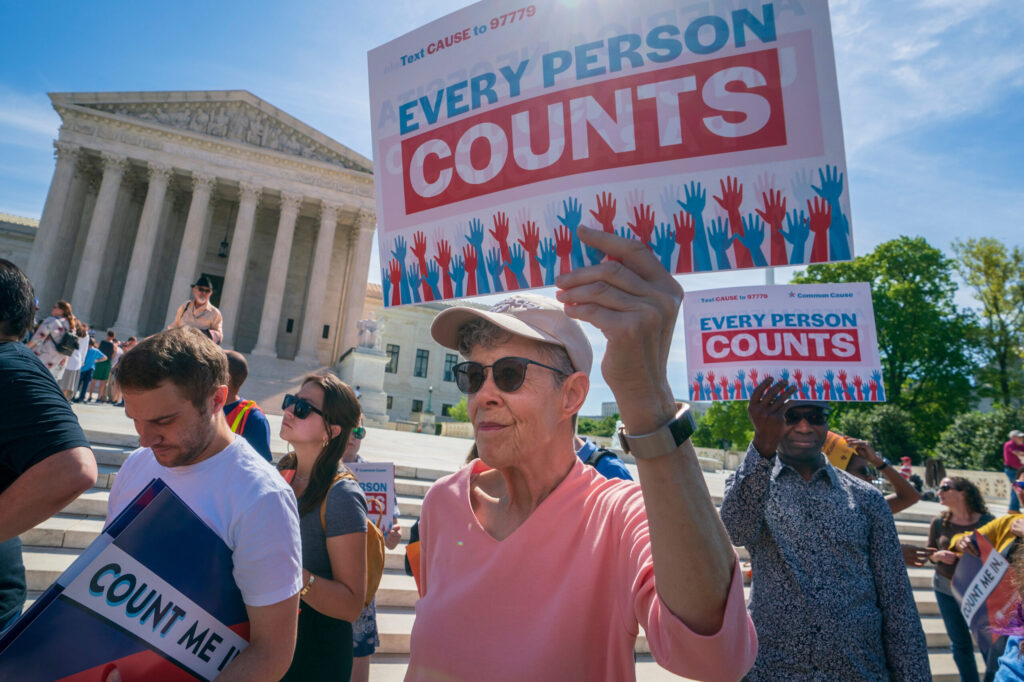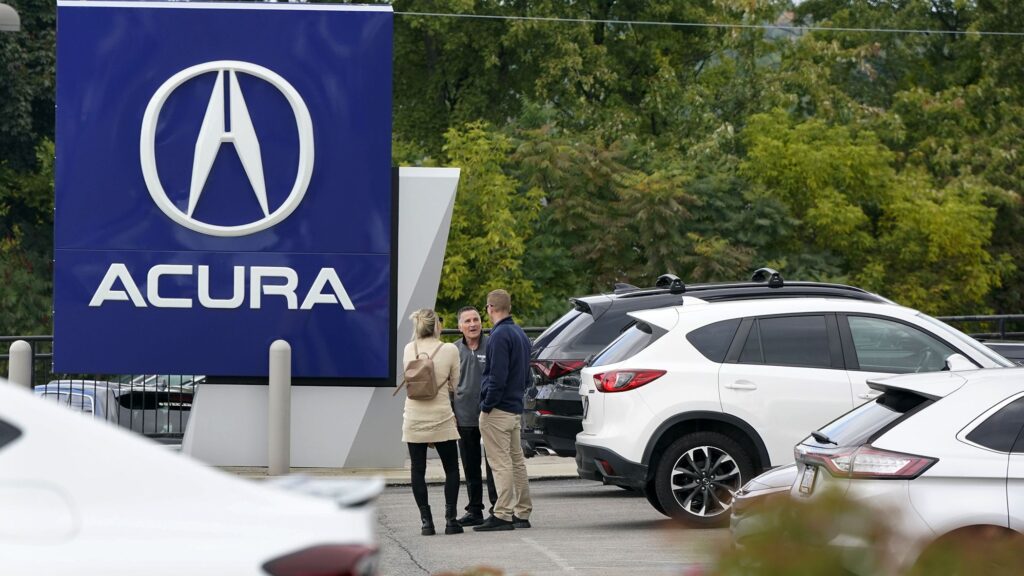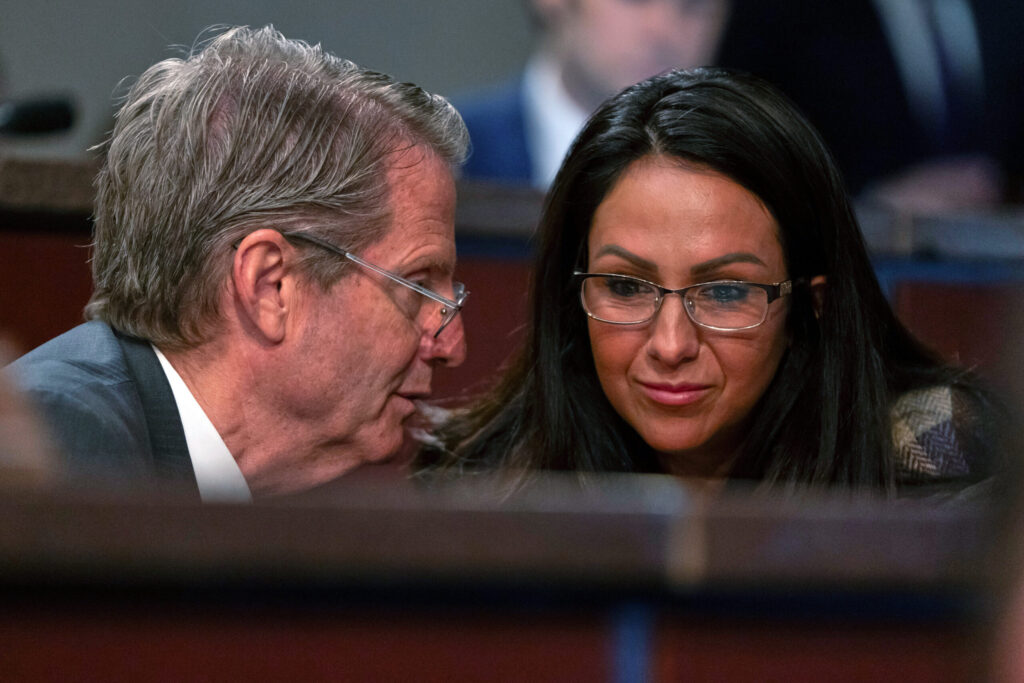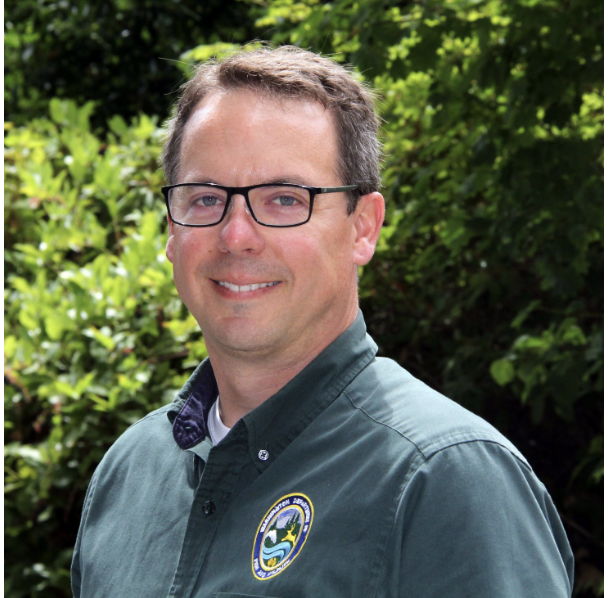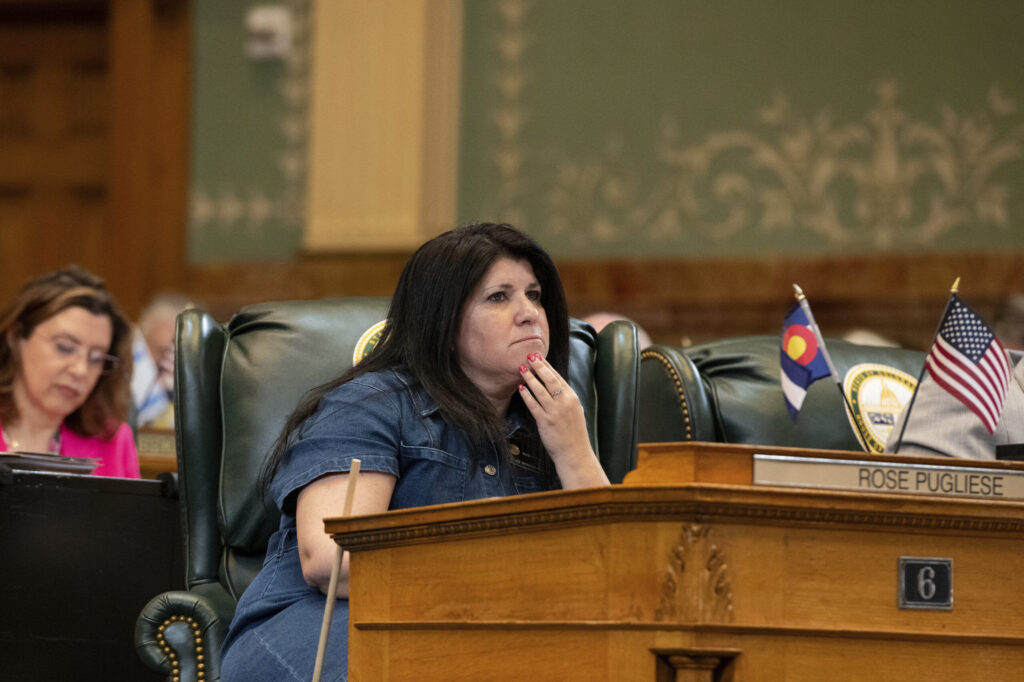‘Live and let live’ and contemporary liberalism | SONDERMANN

(AP Photo/David Zalubowski, File)
“Live and let live.” In a free country, what’s not to like about that?
The saying was something of a liberal code used to garner acceptance, or at least tolerance, of various lifestyle choices in years gone by. What goes on in the bedroom between consenting adults? Live and let live. Decorating your body with piercings and tattoos? Live and let live. No shortage of other examples abound.
That was then. The current reality, sadly, is that too many on the progressive end have ditched that libertarian ideal in favor of far more prescriptive, mandatory thinking to be enforced by the heavy-handed tools of the state.
As America has grown infinitely more diverse, a large segment of the left now think it is government’s role, even obligation, to clamp down on those who think differently. For too many, all manner of diversity is to be celebrated, except for diversity of opinion.
Against that backdrop, let’s discuss two legal cases, both of national importance and with the U.S. Supreme Court having taken jurisdiction. Colorado occupies center stage in each.
In Masterpiece Cakeshop v. Colorado Civil Rights Commission, the court held that Colorado commissioners had exhibited a religious bias against Lakewood baker, Jack Phillips who had refused to make a custom wedding cake for a gay couple, saying that doing so would violate his religious beliefs.
Currently in front of the Supreme Court, 303 Creative LLC v. Elenis, also emanating from Colorado, will decide whether website designer Lorie Smith, proprietor of 303 Creative, is within her rights in refusing to develop a wedding website for a gay couple again due to her religious convictions.
Even while 303 Creative awaits a ruling in the coming months, litigation against baker Phillips continues, this time over his refusal to bake a cake to celebrate a gender transition.
To be totally clear, I profoundly disagree with both Phillips and Smith. Their views are narrow, antiquated and not rooted in any religious interpretation to which I subscribe. My wife and I hope one of these days to attend the very gay wedding of our son. Complete with custom website and cake.
But what is really up for grabs in these cases is whether creative people, including a baker and a web developer, still have the right to be wrong. Can they still honor their conscience, no matter how misguided, or does society now regulate and compel them into forced compliance?
Both cases involve rules assuring non-discrimination in public accommodations. No decent, thinking person disputes such guarantees. No one should be discriminated against in booking a hotel room or ordering in a restaurant or picking up a rental car.
However, the question is whether these protections are applicable when the goods or services being offered are not standard-issue but call for a high measure of creativity.
We are not talking here about a deluxe queen room at a downtown hotel or a #9 special at a Chinese restaurant or a mid-size car from Hertz or Avis. Instead, we are referencing products that clearly fall under the heading of creative content.
By the logic of the enforcers, an advertising professional belonging to a Quaker meeting and identifying as a pacifist could be required to shoot commercials for a defense contractor. Decades back when I did some contract speechwriting, as a Jew and son of two Holocaust refugees I could have been forced to craft words for some crackpot espousing anti-Semitism.
There would be no limits to such absurdity.
If Masterpiece Cakeshop was the only bakery in town and 303 Creative the only web firm, this might be a different conversation. But that is hardly the case. No doubt, there are a half-dozen other bakeries within a short radius of Masterpiece. Seemingly every other under-35 person in Denver fancies himself or herself a web designer.
At this point, nearly five years after the Supreme Court ruling in his favor, the ongoing pursuit of Phillips smacks far more of harassment than high principle. The lawyer, Autumn Scardina, knew exactly what she was doing in seeking to order a cake from Phillips’s shop to recognize her newfound identity as a woman. Suffice to say, her motive had far more to do with a new lawsuit than with filling or frosting.
Was there no other nearby baker who would gladly, joyfully make a cake for Scardina’s moment?
This divisive era is marked by a never-ending push to cancel or silence those on the other side. On campuses and elsewhere, this is most often an obsession for those of liberal standing. Though with too many of the opposite political loyalty denying election results or flirting with book bans, there is no shortage of invalidation.
The drive to coerce a certain kind of conduct or performance is of a similar piece to that of silencing objectionable words and cancelling those who utter them. Both do harm to long-held precepts of freedom and accommodation.
One key component of a functioning pluralism involves making room for those of a contrary viewpoint. On that measure, America is falling into a deeper hole with each passing day.
Jack Phillips and Lorie Smith are on the wrong side of history. It says here that they are on the wrong side of religion as well. But what harm is there in letting them honor their inner voices and act on their own conscience in the delivery of their distinctive, individualized product?
A good deal of modern liberalism traces its origins to the tumultuous times of the 1960s and 1970s marked by opposition to an unpopular war in southeast Asia as well as to roles and expectations around race and gender. Dissent became the birthright of today’s most ardent progressives.
What about extending that courtesy to others and allowing them to dissent from evolving norms and strictures? Or has liberal resistance now transformed into we-know-better bullying?
Eric Sondermann is a Colorado-based independent political commentator. He writes regularly for Colorado Politics and the Gazette newspapers. Reach him at EWS@EricSondermann.com; follow him at @EricSondermann








